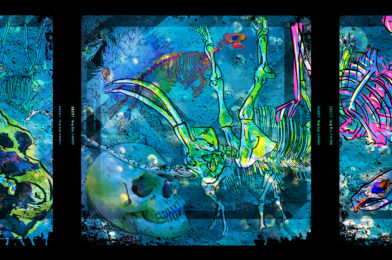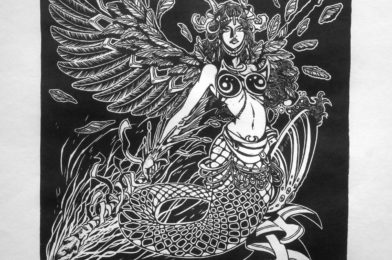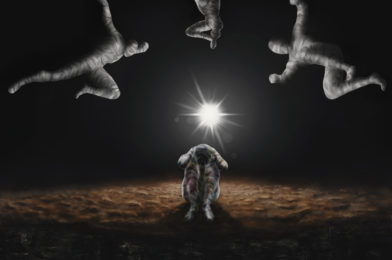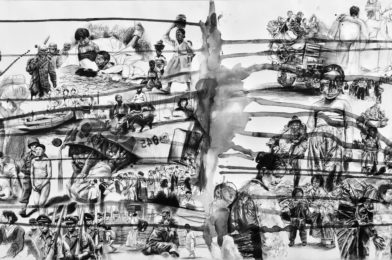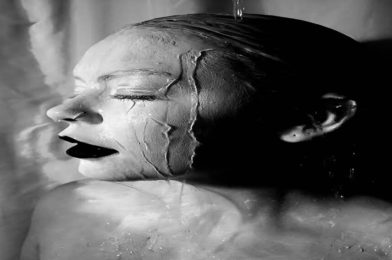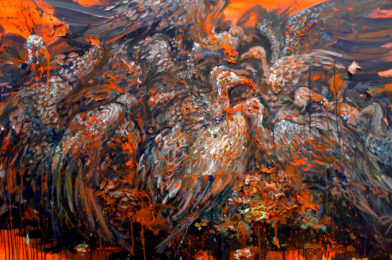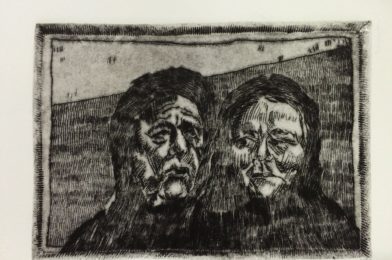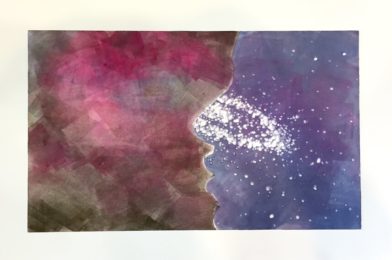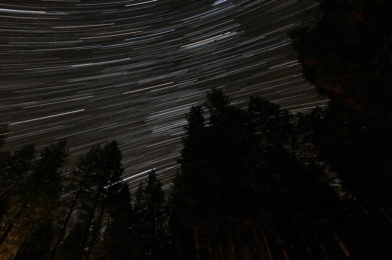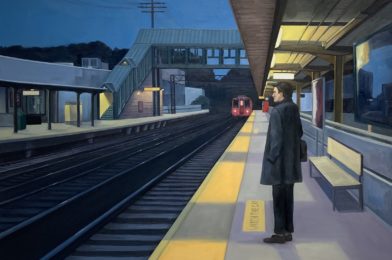2wice
So I’m looking at you and you seem like the kind of person that likes to do things twice. Your eyelashes furl like a shivering sundew–no, Sundew. Your Sundews furl then unfurl and catch only the flies low on serendipity, serendipitous–serendipitously they fly higher and higher, out of the reach of the sSundews feeding on the serendipidless.
There is a third kind of heartbeat, you know. It sounds like a terciopelo’s warning: do not sink your calves into my teeth. Unfortunately, people neither listen to terciopelos nor heartbeats. Only the hollow inhales of veins and fingers, and the subsequent feelings of vivacity.
So you turn to look at me, with those sunSundews. You turn to look at me and I see, through the curtainous coverings of your corneas (those capitalizing congregates of copious concealment), your reciprocals of light and not darkness. Your reciprocals of light and not darkness ask me: how do you feel about velvet. And I reply: it’s soft. And they say: thread some through your ears and let the rasps of rasping scales hide your heartbeat. So I threaded some velvet through my ears and let the rasps of rasping scales hide my heartbeat. But to my astonishment, the scales didn’t rasp one bit. They sounded like cotton, and I knew they were imposters. I must get them out, I must! So I ran to the water and dunked my head in. It soothed the rancid itches in my ears. It soothed the rancid itches in my head and throat and pupils.
My eyes filled with water and it backwashed through my tear ducts, and I was clean. Resurfacing, the velvet in my ears turned to seeds and I shook them out and I was free. Running, the water left my body and sweated down my cheeks and thighs and I was
empty.
Breathing, the beats in my heart rattled around my diaphragm and tendons and I was
full.
Stretching, the teeth in my calves fell into the mud and the core of the earth and I was
alone.
Honestly, it was energizing.
So you’re looking at me and I seem like the kind of person that comes out on top: clean, free, empty, full, alone, energized. But empty and full cancel each other out, and so do free and alone, and energy is null unless you have strength, so I’m just clean.
So you’re looking at me and I’m looking at you and we really don’t see each other at all,
do we?
No, I think we’re both wrong, in the end.
2 Much Toad
When I die, my body will be warm for just a few seconds
In that time, an old toad will lay her eggs in my mouth
And they will hatch into tadpoles
and tadpoles
Which will swim in my saliva
And live off of the bacteria on my teeth
And reproduce, as toads do.
Generations will never know of a world without teeth, or esophaguses.
They will pass down the stories: first there was tongue, then there was wet
Always tongue first, then wet.
After religion, they will create art
And paint the insides of my cheeks with the juice of the spinach stuck in my teeth
Soon, everything will be green.
Everything will be green, everything will be soft and salivating
They will write on my cheeks with spinach script:
Don’t be such a stickinthemud
They are of course referring to me, their god
However it is inevitable that one young tadpole will get bored and curious
And stare into the depths of that cavern that always stares back
And dive in, down down down
It will boil in my stomach acid, but that is what martyrdom entails.
Others will follow, and they will succeed where the first did not
They will colonize my throat, my stomach, my intestines.
I will be thoroughly toaded.
And they will smile, and write on the lining of my gut:
Tomorrow will be even better
And they will forget
That everything must end eventually
And they will be warm for just a few short seconds.
Mollie Schofer is a young writer from Southern California. Their poetry was most recently published in Inkblot Magazine, Heavy Feather Review, and Orange Cat Review. They are currently a student of creative writing at Orange County School of the Arts.
Visual Art By: Jiwon “Lily” Nam

